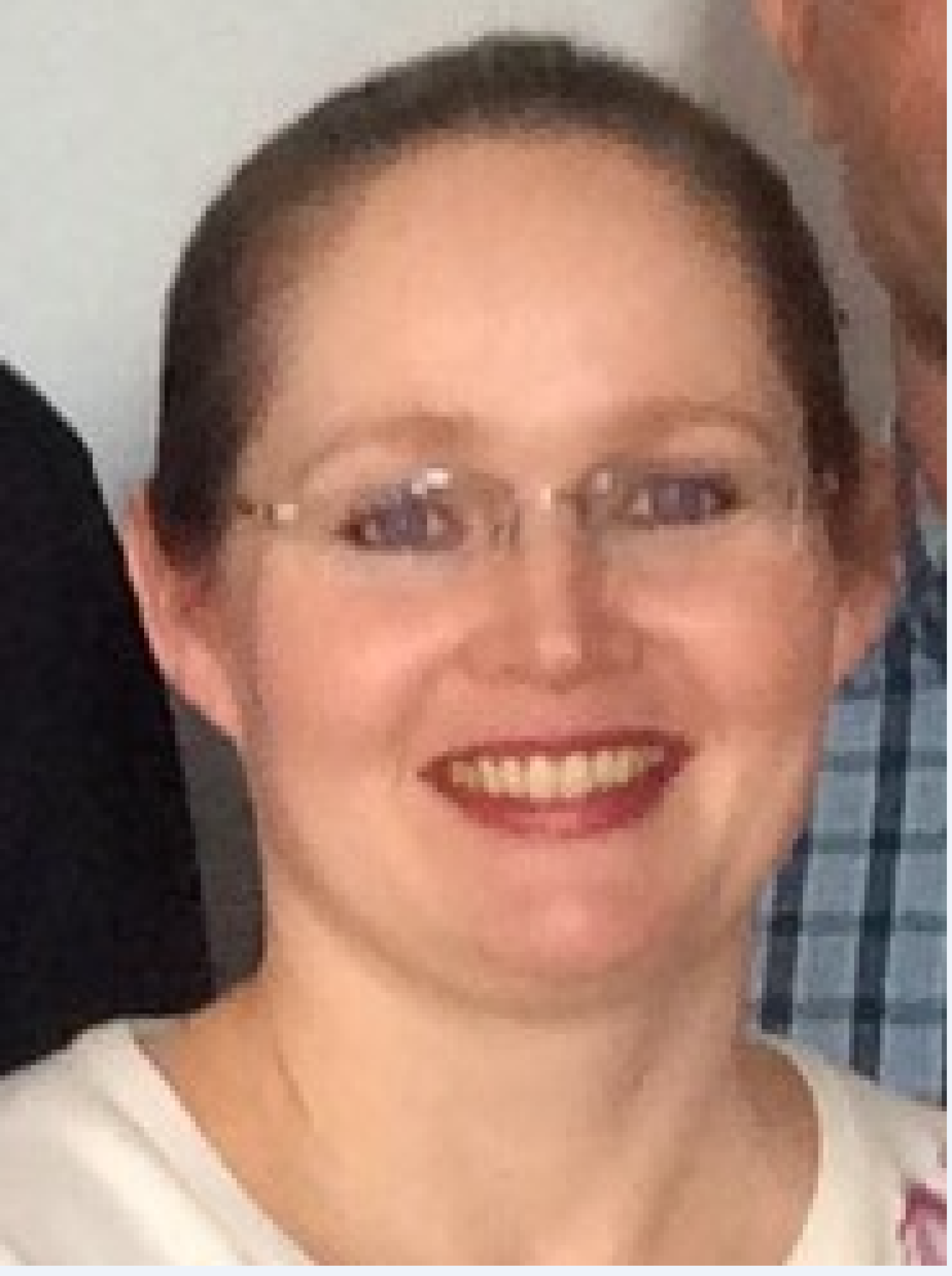Brita Elvevåg
- Research Affiliate
- Former ICS Visiting Scholar
- DEPARTMENT OF CLINICAL MEDICINE
- UNIVERSITY OF TROMSØ
- NORWAY

Research Overview
Dr. Brita Elvevåg is a neuroscientist and professor at the University of Tromsø, Norway. Before that, she was head of the neuropsychology unit in the Clinical Brain Disorders Unit at NIMH. Her work focuses on the neuropsychological and neuropsychiatric components of schizophrenia, and the use of computational models of language as an assay of brain function and dysfunction.
She will be collaborating with Peter Foltz as well as others at ICS on the crossover points of neuroscience, language, computational methods, and clinical psychology.
Personal Message
I have over 20 years of full-time research experience of initiating, leading and coordinating multidisciplinary clinical research teams and projects, both at a national and international level. My expertise is within cognitive neuropsychiatry, cognitive neuroscience, and the cognitive and neural basis of language in those with brain disorders, especially psychosis and dementia. I have validated a novel automated approach to quantifying incoherence in speech with wide applications in psychiatry and neurology, and is of specific relevance to the current application. This research documents the value of these techniques in discriminating patients with schizophrenia from controls, discriminating schizophrenia probands, first-degree relatives and unrelated healthy controls, differentiating those at high risk of psychosis from unrelated putatively healthy participants and in a candidate gene study linking language in general to underlying neurobiology. I am also applying these methods via telemedicine/ehealth solutions and was PI and co-ordinator for a recently completed multi-country study (with Peter W. Foltz) that developed a diagnostic support system for remote and automated monitoring of psychosis that utilized automated computational approaches to analyse language and other behavioural data streams. My current work builds on this validation and application of automated computational language methods.


